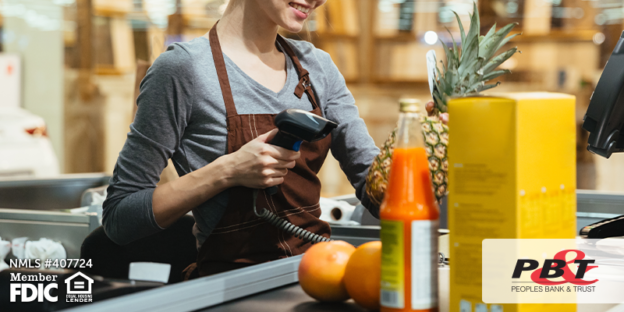While saving money isn’t the easiest task, the first step is often the hardest part. If you’re new to the finance scene and are hoping to learn about some basic, money-saving tips, you’re in the right place! Setting realistic and doable goals is the key and we’re here to help give the push you need to get going.
Track Your Spending
The first step to knowing how to save is figuring out what your spending habits look like. Spend a few weeks tracking everything you spend, from each coffee run to the cash you tip the waiter. There are many money-tracking apps out there to make the process easier, otherwise the old-fashioned pen-and-paper method works great.
Analyze What You Tracked
Now that you figured out exactly what you spend, it’s time to break it up into categories and get a closer look. Organize the data into sections like food, rent/mortgage, gas, clothes, etc. Putting this into a chart is a great way to understand your habits visually. Most of the money-tracking apps will automatically show you organized categories of what you’ve spent for your convenience.
Make Spending Adjustments
Now is where the budget comes into play. Looking at the data you tracked, what did you spend the most on? What amounts surprised you? Pick out some things that weren’t necessary to spend money on and adjust your spending. Now that you know how much you spend, you can limit that amount and create a budget.
Set Up Automatic Transfer
This step is crucial! If you haven’t already set up automatic transfer to your savings account, now’s the time. You get to choose exactly how much along with when the money will be transferred, making saving money a breeze. This also limits the temptation of reaching for the extra cash you set aside since it’s in an account instead.
Create Realistic Goals
We’re not done yet! It’s time to set both short-term and long-term goals to make the most of your savings. Whether you’re saving for a car, hoping to buy a house, building an emergency fund or more, having goals to work for gives you the motivation to keep going. Figure out some short-term goals of how much you want to save along the way, leading to your long-term goals.
Now that you know the steps towards smart saving, you’re ready to start! Saving your money leads to a great reward and allows you to practice patience and persistence. If you have any questions or are looking to open a savings account, contact Peoples Bank & Trust.
Peoples Bank & Trust Co.
Member FDIC
Equal Housing Lender





